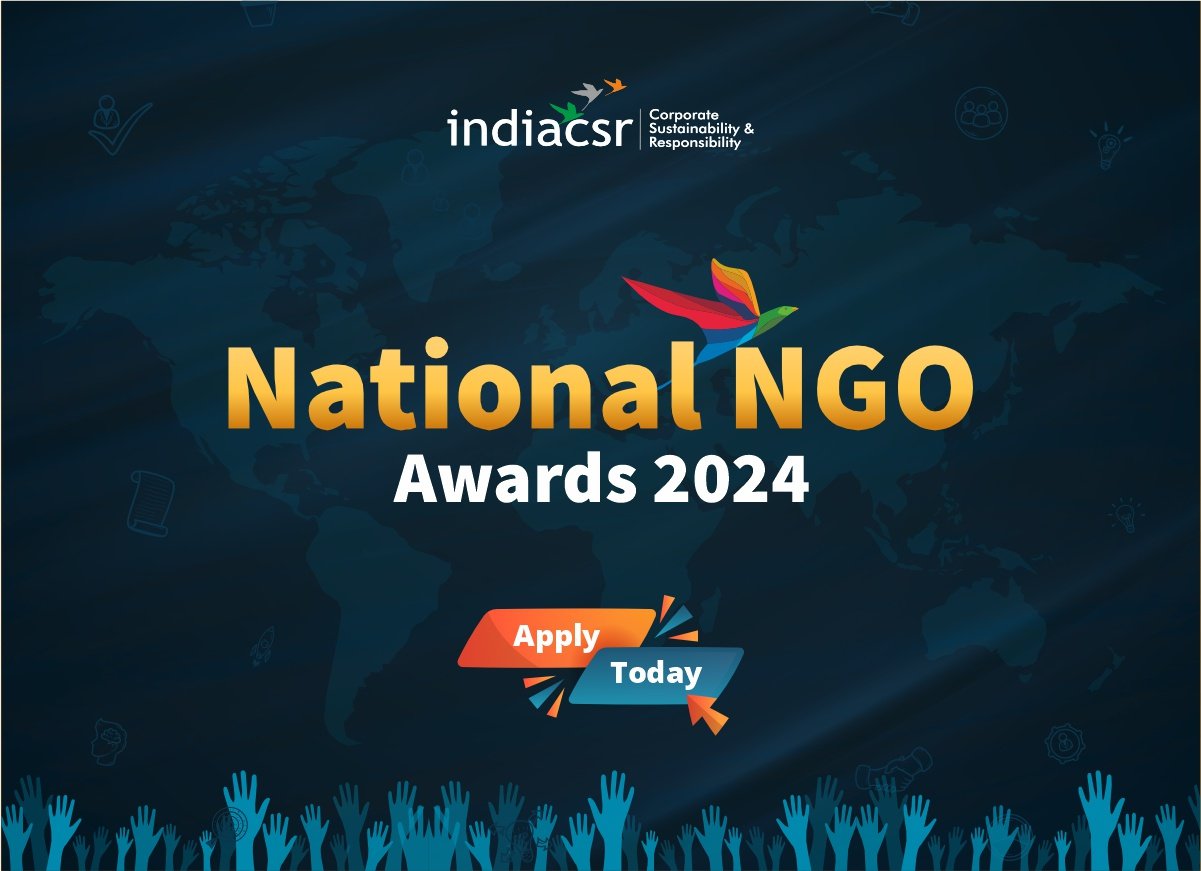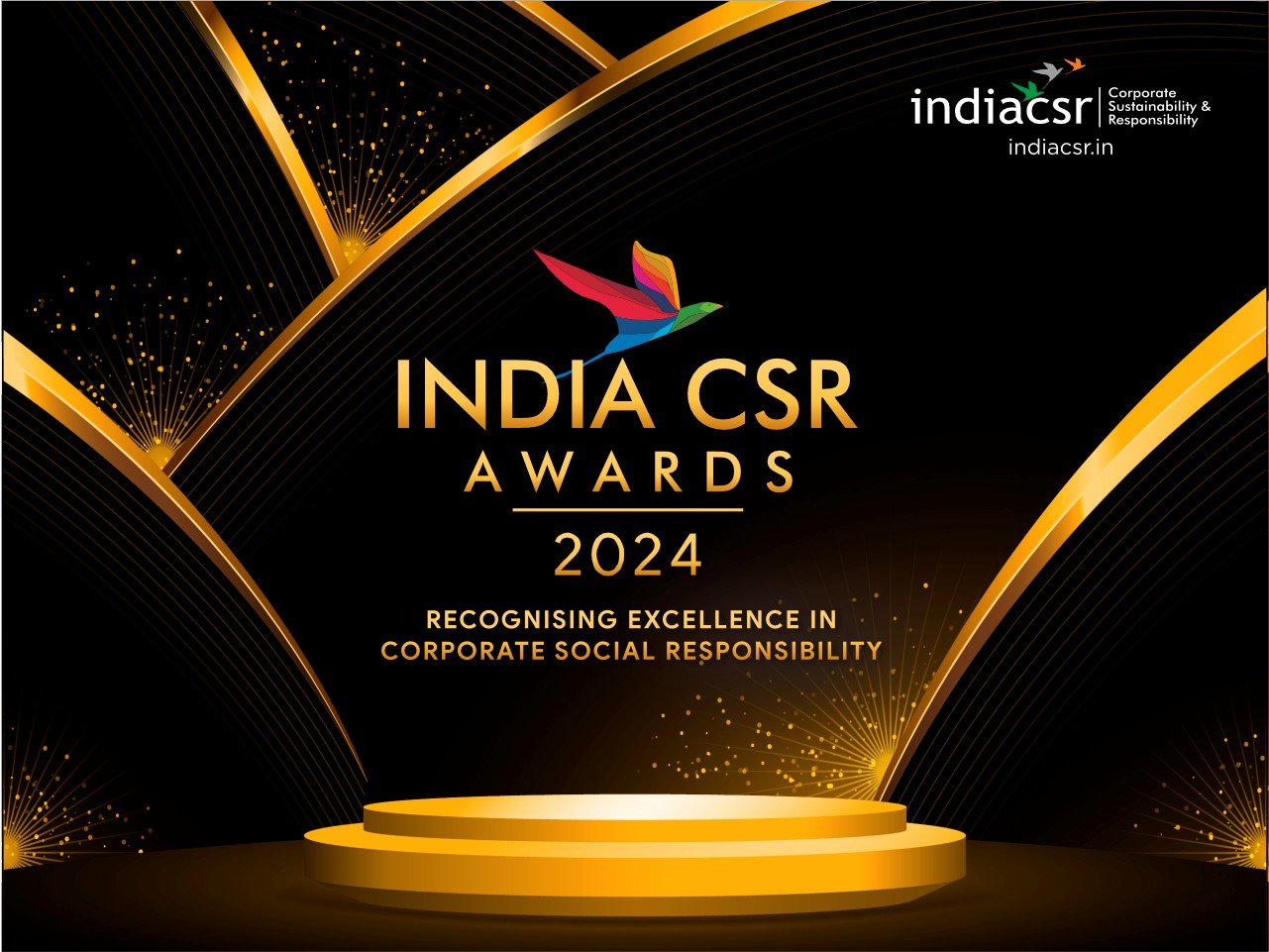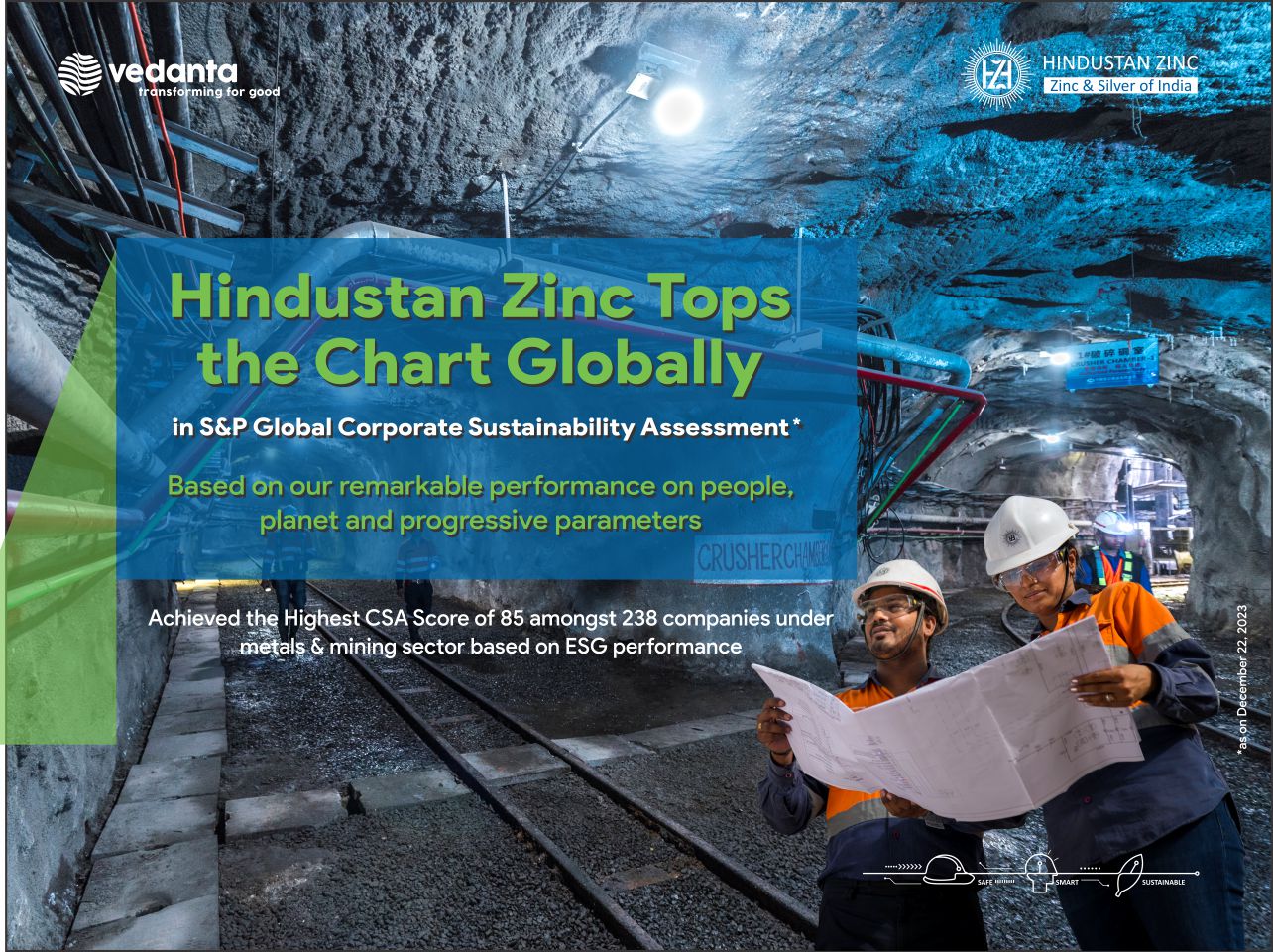NEW DELHI: As Hilton heads toward a milestone 100th anniversary in 2019, new research unveils the impact the first global hotel company has had around the world, including in Asia Pacific, where it is now one of the fastest-growing global hospitality companies.
In a new book titled The Hilton Effect, Stanford Business professor and best-selling author Chip Heath presents a closer examination of the company founded by Conrad Hilton, a dreamer who aspired to accomplish much more than to create a comfortable place to sleep. To mark the book’s launch, a series of films have been developed telling the stories of the Hilton Effect across Asia Pacific and beyond, now available at [insert Fortune link].
Hilton opened its first property in Asia Pacific, Tokyo Hilton, in 1963, and has since expanded to more than 750 hotels open and under development, opening more than one hotel a week. In fact, nearly one in four hotel rooms currently under construction in the region, and one in three rooms under construction in China, carries a Hilton flag.
“We believe the world is a better place because Hilton was born into it one hundred years ago,” said Alan Watts, president, Asia Pacific, Hilton. “Over the course of our 55-year history in Asia Pacific, we’ve witnessed the incredibly positive impact travel and tourism can have. Today, as the center of gravity in travel continues to shift to this part of the world, we aim to continue our pioneering spirit and be a beacon for hospitality.”
Amid such rapid growth, The Hilton Effect, as Heath defines it, is the positive, world-altering impact that Hilton has had, and continues to have, on billions of lives and thousands of communities around the globe – entering new travel markets and bringing people and cultures together to make the world feel smaller, while expanding horizons and opportunities.
“Most organizations celebrating their 100th birthday would be content to throw themselves a party, but Hilton opted to hire a pair of skeptical outsiders – business authors with backgrounds in social science – to examine its impact on the world,” Heath said. “The stories that emerged were even more remarkable than we initially suspected and what Hilton employees considered to be just another day at work was quite extraordinary.”
Through extensive independent research and in-depth interviews, Heath found deeper meaning in the history and influence of the company over the past century. Heath focused on three areas that he argues define The Hilton Effect:
The Hilton Effects on Guests
Conrad Hilton was a visionary who had his first experience in hospitality hosting weary travelers on the road for work at his family’s boarding house and later at his first hotels.
Since then, Hilton has influenced guests by easing travel and broadening perspectives – changing travel as we know it through a century of firsts, from air conditioning to a mobile-centric hotel room; creating the modern business travel industry; and innovating the guest experience, from the first concierge service for female travelers over 50 years ago, to unexpected moments at the breakfast bar.
In Asia Pacific, Hilton’s hotels have helped put numerous new destinations on the map, encouraging guests from all over the world to embrace new experiences and adventures. Conrad Maldives Rangali Island, for instance, introduced the first underwater restaurant Ithaa, the first villas on stilts, and now, the first underwater residence The Muraka. The iconic imagery from these ground-breaking innovations has been etched in guests’ imagination of the Maldives as a luxury travel destination.
The Hilton Effect on Team Members
As recounted by Heath, Hilton has impacted millions of employees – which are referred to as Team Members at the company – by fostering the powerful entrepreneurial spirit and autonomy that Conrad Hilton established.
With 50,000 people currently working in Hilton’s hotels and corporate offices in Asia Pacific, the company was this year named Asia’s best multinational workplace by Great Place to Work. There are plans to create more than 100,000 new jobs across the region in the years ahead.
Hilton’s world-class standards have inspired multiple generations of hospitality talent in Asia Pacific and opened doors for them, including Thae Thae Zaw. Born in the village of Pyinmana, Thae Thae joined Hilton as part of the first batch of students of the Hilton Vocational Training Center in Naypyitaw. The innovative program was established in partnership with Myanmar’s Ministry of Hotels and Tourism to impart valuable job skills and provide language training for young talents in Myanmar.
The Hilton Effect on Communities and Economies
Hilton has become woven into the history, economies and infrastructure of communities all over the world, becoming indispensable focal points in the process. It has been the first to enter numerous emerging markets around the globe, has often remained during difficult times, and has led the charge on revitalizing areas that lost hope.
All across Asia Pacific, Hilton’s Team Members have spearheaded wide-ranging initiatives to engage the larger community where Hilton operates, serving as agents of change who make a positive difference in people’s lives beyond the hotels.
Like in India, where Hilton works with non-profit organization Sundara to promote good hygiene practices and positively impact people in the communities in Mumbai through their soap recycling partnership. This helps decrease the number of children and families suffering from gastrointestinal problems or skin problems like boils and rashes. Since 2011, more than 1,800 Hilton hotels have been involved in soap and amenity recycling, diverting more than 816 tons of soap from landfill and distributing over 7,000,000 new bars of soap.
Disclaimer: The views expressed in this feature are entirely their own and does not necessarily reflect the views of India CSR Network and its Editor.
Terms & Conditions: India CSR Network does not permit other Websites/Agency to copy or reproduce or reprint the above article/feature in any form or means.























